When it comes to planning your child’s study schedule for the December holidays, you want to make sure that they stay on top of things while still enjoying the break. Amidst the fun, there are certain times you can suggest they settle down and go through some homework to prepare for the upcoming school year.
Especially if your child is entering Primary 6 soon, revision is a must to retain past information before they are ready to grasp more complex topics in preparation for the Primary School Leaving Examination (PSLE) in Singapore. With the following tips, you will be able to plan out an effective study routine for your child.
How do I Set a Timetable for My Child?
1. Understand the areas they’re weak at
Before you begin, it would be good to first take a look at the subjects your child is currently struggling in. Whether it is writing better in the various languages or tackling more tricky concepts in Math and Science, your child can make the most out of the holiday time to improve on these areas.
With a clearer understanding, you can then determine the homework and revision they’ll need to work on first and start allocating the amount of time needed to complete them. That being said, if your child is in upper primary, you can also let them have the freedom to plan out a schedule that they will stick to. This will give them a stronger sense of responsibility for their studies to become more independent learners.
2. Set realistic goals
With some to-dos in mind, you can work out a study plan that begins with their homework first. That way, there is more than enough time to revise and catch up on all the subjects. Yet, don’t forget that this is their holiday period so you’ll want to allow them to relax and enjoy themselves. In fact, to ensure that your child comprehends and remembers information more effectively, spaced study sessions can be a good idea to try this holiday. With short yet frequent study intervals, you can strike a balance between revision and playtime.
3. Create a routine that works
To make sure your child is productive during these sessions, you may also want to have it at a specific time where they are sure to focus on studying. Keep them on track by checking in with them regularly about how the plan is going and while you’re at it, a little compliment can go a long way.
As parents, our encouragement can mean the world to kids so for example, you can praise them when they’ve worked hard at some difficult questions or completed the tasks for the day. This can motivate your child to do better and tackle even the hardest of topics with confidence.
4. Set up a conducive study environment
Finally, it can be useful to have a separate desk and chair dedicated to doing schoolwork. This can set the right ambience to help them concentrate fully on their studies. A space that’s designed ergonomically for kids can also do wonders in ensuring your child is comfortable to prevent back pain after several hours of studying. We go through more on finding the right ergonomic table and chair to accommodate your child’s needs.
Apart from poor posture, carrying a heavy backpack is also a common cause of back pain in kids. If you’re getting your ergonomic furniture online at Ergoworks Singapore, you can also take the time to explore our range of school backpacks whilst getting your child ready for school.
To learn more, check out our guide on choosing the right school bag that will be good for the spine. Feel free to get in touch with us for more information.



![Falcon Chair [Free Footrest Worth $150]](http://ergoworks.com.sg/cdn/shop/files/FalconChair.png?v=1766720283&width=104)

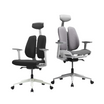
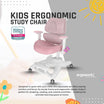
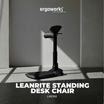
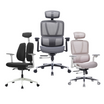
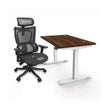
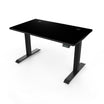
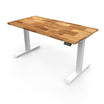
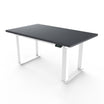
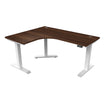

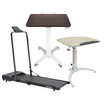
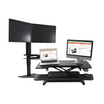
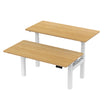
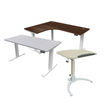





![Impact Ergonomic Kids Study Desk [Length Options Available]](http://ergoworks.com.sg/cdn/shop/files/KidDeskMainImageFinal.png?v=1768899679&width=104)
![Impact Ergonomic Kids Desk & Chair Set [FREE Spindle bookshelf & Eye Care Lamp Worth $318.90] [Chair & Length Options Available]](http://ergoworks.com.sg/cdn/shop/files/kids_desk_set_main_image.png?v=1768899679&width=104)

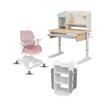
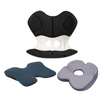
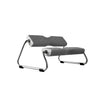





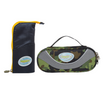
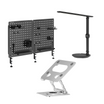

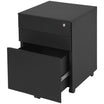
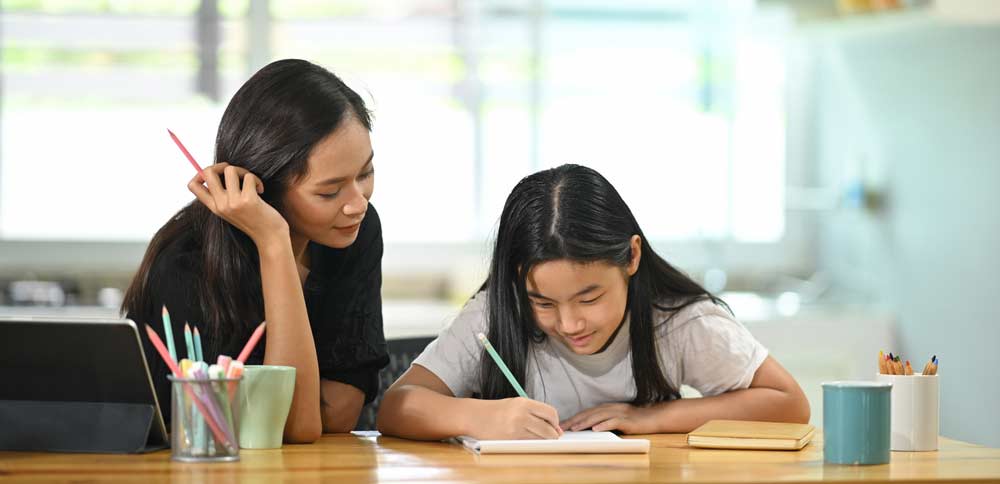


Leave a comment
This site is protected by hCaptcha and the hCaptcha Privacy Policy and Terms of Service apply.